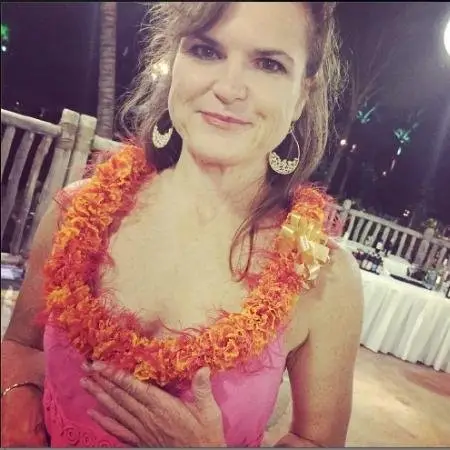One the my favorite parts about writing about the Hawaiʻian Islands is meeting cultural ambassadors like Clifford Naeole on Maui. Clifford works with the Ritz-Carlton Kapalua, and when I asked him about his feelings on Hawaii’s Statehood, a controversial topic in the islands, he gently steers me, and other well-intended writers into using the term ‘commemorating,” and here’s why…
Can you explain why everyone may not be “celebrating”? The issue of Hawaii’s statehood is a complicated issue that has been debated at length in Congress as well as at many a kitchen table. For those who judge us from afar by what we fight for…I urge them to speak to a Hawaiʻian and understand that we are indeed a nation. Know also that these efforts are not “anti-American”…but rather “anti-abuse of power.” Here is a very brief explanation of why statehood is considered a controversy by Hawaiʻian people.
- On January 17, 1893, due to pressures from American businessmen, Queen Lili‘uokalani was held captive by a U.S. military coup in her palace. To prevent bloodshed, she eventually signed a statement under protest temporarily yielding her power to the U.S. government. A provisional government was established under businessman Sanford B. Dole.
- In a message to Congress on December 18, 1893, President Grover Cleveland concluded that this “act of war” had not been approved by Congress and a “substantial wrong has thus been done which a due regard for our national character as well as the rights of the injured people requires we should endeavor to repair” and called for the restoration of the Hawaiʻian monarchy.
- In 1898 President McKinley reversed Cleveland’s decision and signed a joint resolution of Congress on July 7 that annexed Hawai‘i to the United States, marking the beginning of the issue of Hawaiian statehood.
- Leading up to the vote on statehood, much of the Hawaiʻians’ national land was seized for territorial use with still-unfulfilled contracts of financial retribution.
- On August 21, 1959, the people of Hawai‘i were given a ballot that critics maintain did not include a vote for Hawai‘i remaining a nation unto itself. Also, 75 percent of the Hawaiʻian population was restricted from voting due to gender, property ownership, income (a voter had to earn at least $600 a year) and age. Once the votes from those who qualified to vote were counted, Sanford B. Dole became the first governor of the state of Hawai‘i.
How do you talk to your children about this aspect of Hawai‘i’s history? Truthfully. I cannot change the truth nor disguise history. However, I strongly urge my children to understand they must look to the future and be contributors to Hawai‘i’s future through intelligence, patience, wisdom and most important, aloha.


